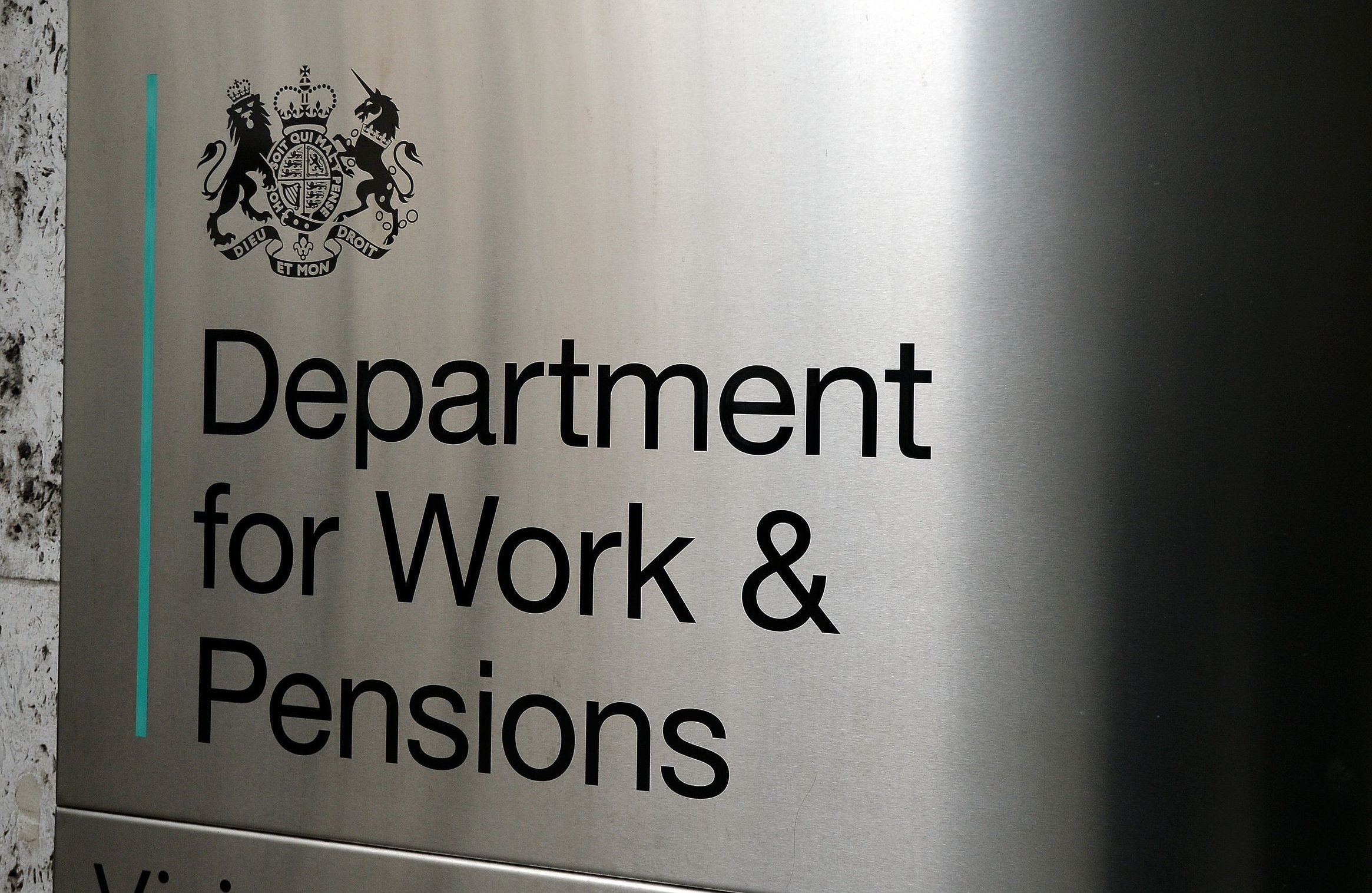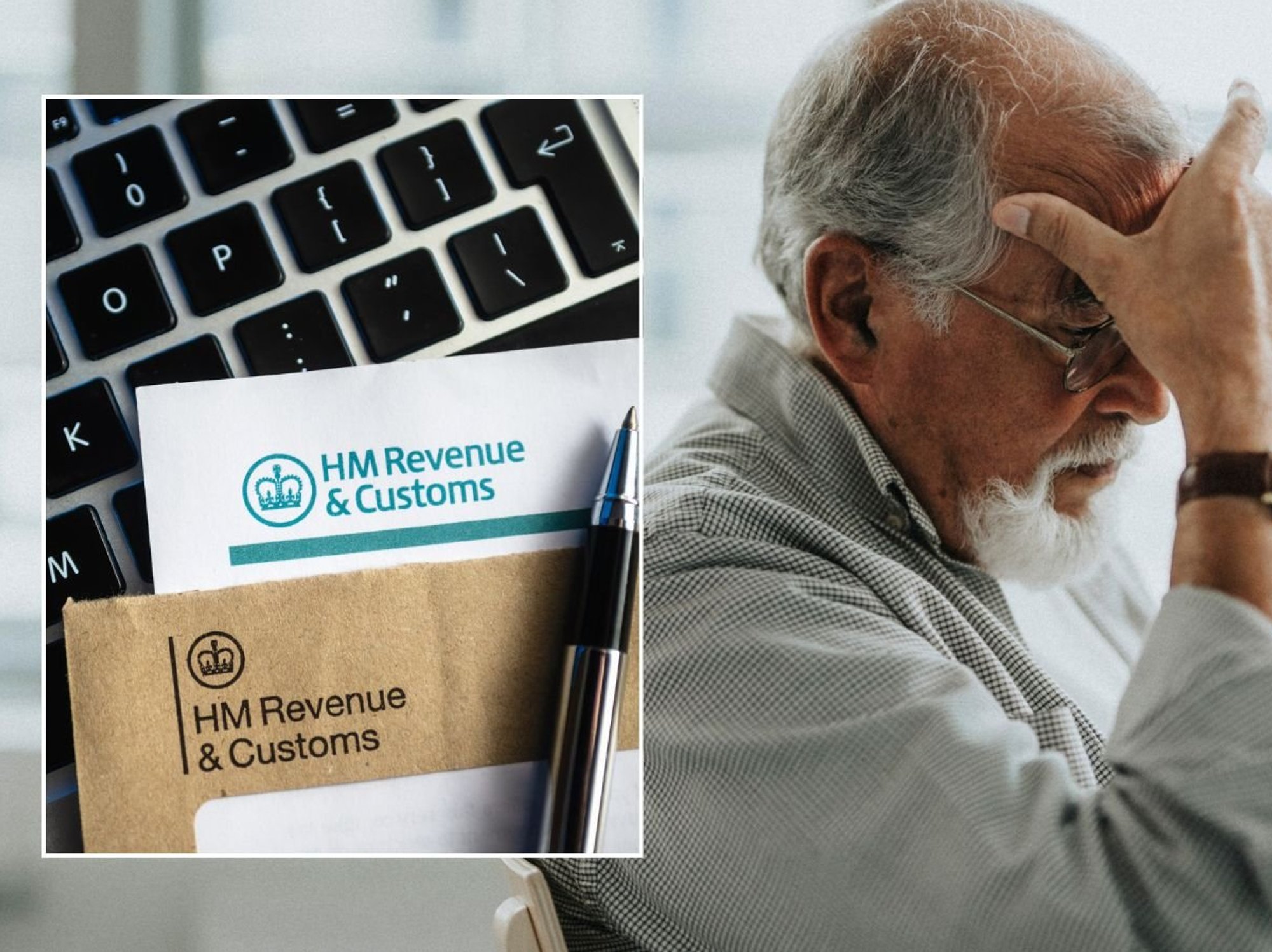DWP minister gives update on 'bank spying' shake-up as thousands to see money taken straight from accounts

‘Groundhog Day!’ Rachel Reeves issued plea as DWP threaten long-term sick with benefits crackdown |
GBNEWS

Thousands of banks will need to share customer details under new DWP fraud measures
Don't Miss
Most Read
The Department for Work and Pensions has revealed new details about sweeping financial surveillance powers that could soon affect millions of benefit claimants.
The Fraud, Error and Debt Bill is currently progressing through Parliament and would give the DWP direct access to bank account information as part of efforts to crack down on benefit fraud.
Speaking in the House of Lords, DWP minister Baroness Maeve Sherlock confirmed the legislation would allow officials to request data from banks and building societies without needing prior consent from claimants.
The proposed powers are part of what ministers describe as the biggest fraud crackdown in a generation. The Government estimates the measures could save £1.5 billion over five years.
At the heart of the proposed law is the Eligibility Verification Measure, which would require banks and building societies to share customer data with the DWP.
When issued with an Eligibility Verification Notice, financial institutions would be legally obliged to hand over details such as account holders' names, dates of birth, sort codes, and account numbers.
Banks would also need to supply information showing whether accounts breach savings thresholds for benefit entitlement.
Officials argue the system would help confirm whether people are financially eligible for support such as Universal Credit, which is usually denied to those with over £16,000 in savings.
The rollout will follow a gradual twelve-month schedule, beginning with a limited selection of financial institutions before expanding nationwide.

The rollout will follow a gradual twelve-month schedule
| PAThe DWP anticipates issuing between 5,000 and 20,000 Direct Deduction Orders annually, according to Baroness Sherlock. These orders would enable the DWP to extract funds directly from individuals' wages or bank accounts.
The minister based these projections on existing usage patterns by HMRC and the Child Maintenance Service, which already possess similar powers. This represents another significant enforcement tool within the broader anti-fraud initiative.
Labour maintains these combined measures will deliver substantial financial benefits to the public purse. The party projects the comprehensive package of reforms will generate £1.5 billion in savings during the next half-decade.

Privacy advocates have condemned the proposals as excessively invasive, raising alarms about potential Government overreach
| GETTYThe phased implementation strategy reflects the Government's cautious approach to deploying these extensive new powers across the financial sector.
Privacy advocates have condemned the proposals as excessively invasive, raising alarms about potential Government overreach. Civil liberties organisation Big Brother Watch cautioned that the legislation "threatens to usher in an unprecedented system of mass financial surveillance."
Critics argue the measures represent a disproportionate response that could compromise the privacy of millions of citizens. The scope of the proposed powers has sparked concerns about the normalisation of state surveillance over personal finances.
 The Government's new bill could see the DWP awarded "intrusive" new powers, campaigners claim | GETTY
The Government's new bill could see the DWP awarded "intrusive" new powers, campaigners claim | GETTY Opposition voices have characterised the bill as an intrusive expansion of Government authority that extends far beyond tackling fraud.
These groups warn that such comprehensive monitoring capabilities could fundamentally alter the relationship between citizens and the state.
More From GB News










